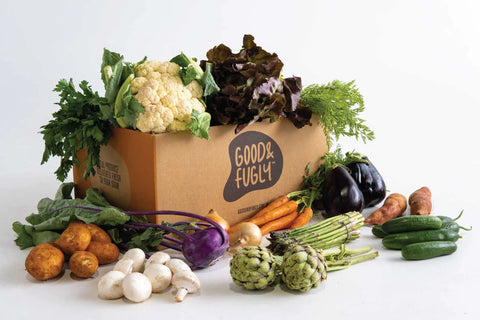One of the hottest political debates this year has been the conduct of the big supermarket chains, with the Australian Government commissioning a review and series of recommendations to hold them to greater levels of accountability.
Recently, Craig Emerson, a former Labor minister and economist, announced his interim recommendations, and they are stiff: hefty penalties of up to 10 per cent of annual revenue for supermarkets that are found to be mistreating suppliers. These recommendations have been accepted in principle by Treasurer Jim Chalmers and the Labor party.
There’s still a long way to go before any of this is acted on, and a public debate still has to play out. For example, Liberal MPs expressed mixed opinions, with some advocating for divestment powers alongside fines to combat anti-competitive behaviour. The National Farmers Federation, meanwhile welcomed the push for a mandatory code with stricter penalties, emphasising the need for transparency and fairness in negotiations between farmers and retailers. However, reservations remained regarding the creation of divestiture powers, with some industry representatives cautioning against excessive intervention in the market.
There is no doubt that there needs to be some effort to help protect farmers. As Good & Fugly research last year demonstrated, farmers are being forced to throw away vast quantities of good food, or effectively give it away to the supermarkets. Meanwhile, in the midst of a cost of living crisis, supermarkets were only stocking the produce that they could extract maximum revenue from.
However, even should these penalties come to pass and help to hold the major supermarkets accountable, it won’t address the underlying problem that we have here in Australia, and that is that the Australian supermarket industry is too concentrated. Woolworths has a market share of around 37%. Coles is 28% and Aldi is 10%. The three of those combined account for 75% of the total market.
With near-total control, supermarkets can dictate terms to both the producers and the consumers, with both groups having few options to turn to if they wish to “vote with their wallet.”
That’s why it’s so important to take those steps to vote with your wallet if you can. It’s not just that you’re directly penalising the supermarkets by keeping your own money out of their tills. By shopping at Good & Fugly, for example, for our weekly fruit and vegetable boxes, as well as our Fugly Extras, not only can we continue to expand our service to more locations, supporting more farmers and consumers, but we can also be more ambitious in what we do in the market. It ultimately means better value for being a Good & Fugly customer, and the supermarkets can start facing some real competition.
Incidentally, the quickest way to get big, monopolistic companies to start caring about both their suppliers and customers again is not to threaten them with regulation, but rather to introduce genuine competition and make them fight for your dollar again. So you’ll have a win there, with your local supermarket as well.
There is nothing but good that can come from Australia diversifying beyond the control of the three major supermarkets. It’s good for farmers, because it means fairer pay and less wasted produce. It’s good for the environment, because that wasted produce doesn’t end up in landfill. And it’s good for you, because it means better prices, fresher produce, and better eating!



